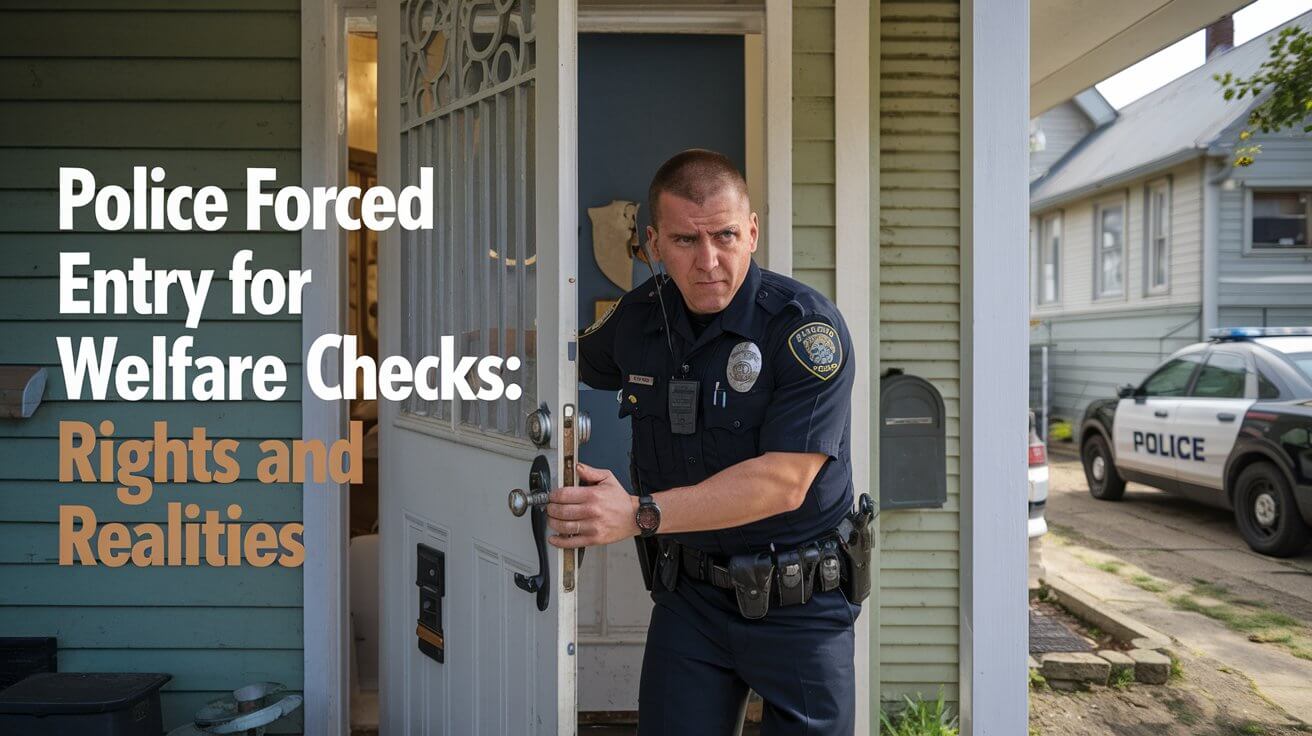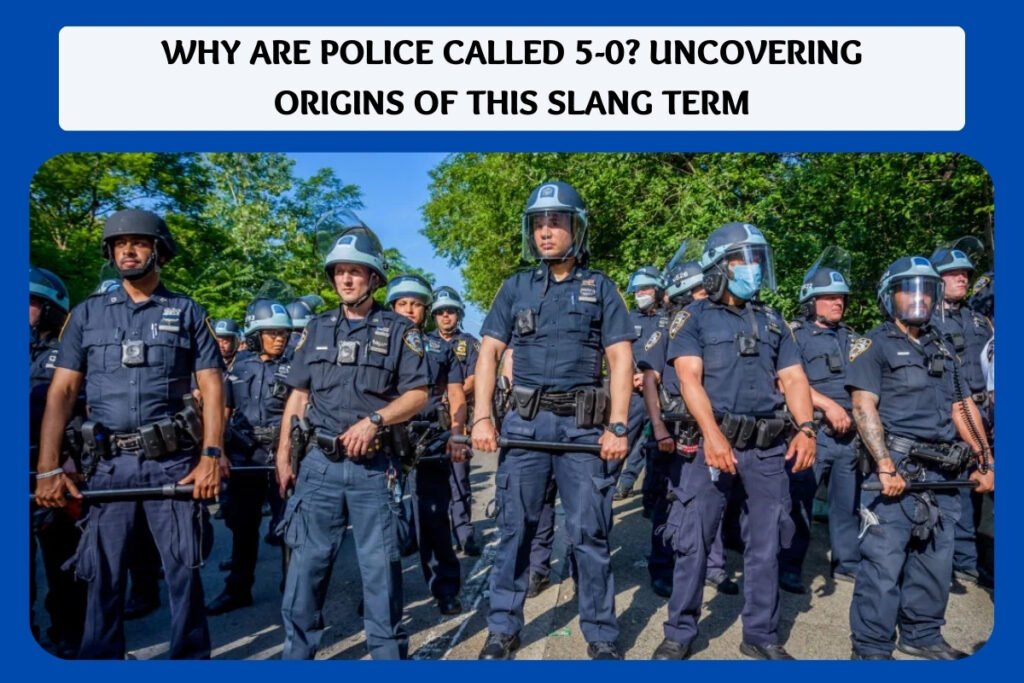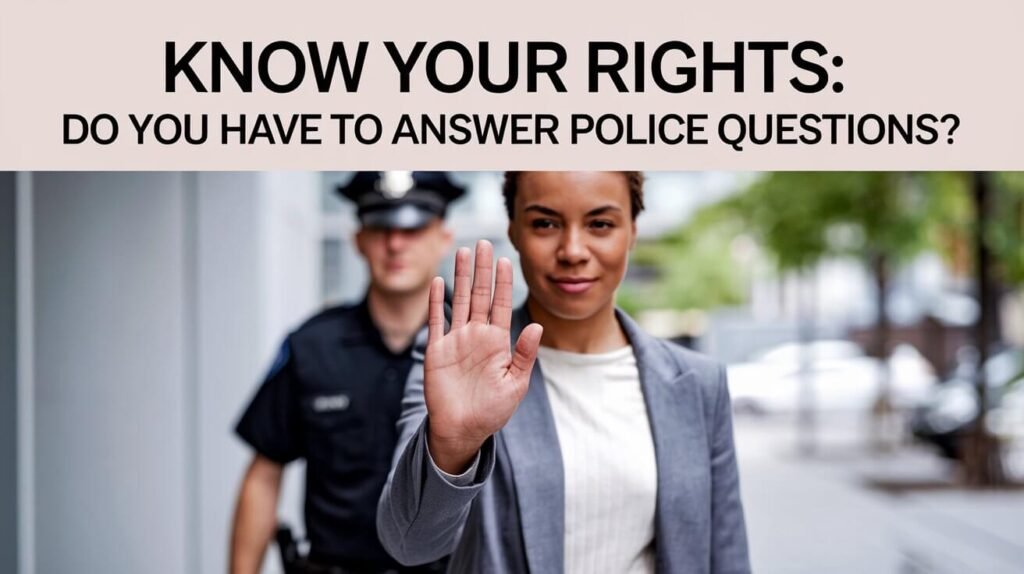Law enforcement terminology has always fascinated people, and one of the most intriguing phrases is "5-0." This term is often associated with police officers, particularly in Hawaii, but its origins and usage remain a mystery to many. In this article, we will explore why the police are called 5-0, its history, and its cultural significance.
Understanding the phrase "5-0" requires delving into the history of law enforcement in Hawaii and the impact of popular culture on modern language. This term has transcended its regional roots to become a widely recognized nickname for police officers, especially in television and media.
In this article, we will uncover the origins of the term "5-0," its connection to Hawaii, and its relevance in today's society. Whether you're a fan of crime dramas or simply curious about police slang, this article will provide you with a detailed understanding of why police are called 5-0.
Read also:Jessie And Dlila Combs Age A Comprehensive Look At Their Lives And Legacy
Table of Contents
- The Origin of the Term "5-0"
- The Connection to Hawaii
- Impact of Media and Popular Culture
- Police Slang and Terminology
- The Role of Law Enforcement
- Statistics and Data on Law Enforcement
- Common Misconceptions About "5-0"
- A Brief History of Police Slang
- Legal Implications of Police Nicknames
- The Future of Police Terminology
The Origin of the Term "5-0"
The term "5-0" has its roots in the popular television series "Hawaii Five-O," which first aired in 1968. The show revolved around a special police task force in Hawaii, known as the "Five-O," tasked with handling high-profile cases. The name "Five-O" was derived from Hawaii being the 50th state to join the United States, hence the numerical representation "5-0."
Over time, the term became synonymous with police officers, particularly in Hawaii, and eventually gained national recognition. The show's popularity played a significant role in embedding the term into popular culture.
Why Was the Show Called "Hawaii Five-O"?
The creators of the show wanted to highlight Hawaii's unique status as the 50th state. By naming the task force "Five-O," they emphasized the state's significance while creating a memorable and catchy title for the series. This decision not only helped the show gain popularity but also contributed to the widespread use of the term "5-0" in reference to law enforcement.
The Connection to Hawaii
Hawaii's unique cultural and historical background has influenced the way police terminology is perceived. The state's status as the 50th addition to the United States made the term "5-0" particularly relevant. In Hawaii, the phrase is often used colloquially to refer to police officers, reflecting the lasting impact of the "Hawaii Five-O" television series.
Local residents and visitors alike have adopted the term, making it a part of everyday language. This widespread usage underscores the show's influence on both local and national perceptions of law enforcement.
How Hawaii Influenced Police Terminology
- Hawaii's cultural identity shaped the way police terminology evolved.
- The state's unique history as the 50th state inspired the creation of the "Five-O" task force.
- The popularity of the television series solidified the term's place in popular culture.
Impact of Media and Popular Culture
Media has played a crucial role in shaping public perception of law enforcement terminology. The "Hawaii Five-O" series, along with its modern reboot, has kept the term "5-0" alive in popular culture. Television and movies often use police slang to add authenticity to their narratives, further embedding terms like "5-0" into the public consciousness.
Read also:Travis Scott As Batman The Unlikely Crossover That Defines Pop Culture
Additionally, social media platforms have contributed to the spread of police-related terminology, allowing phrases like "5-0" to reach a global audience.
Examples of "5-0" in Popular Culture
From television shows to movies and music, the term "5-0" has been used in various forms of media. For instance:
- Music artists have referenced "5-0" in their lyrics to describe encounters with law enforcement.
- Reality TV shows often use the term to add drama and tension to police-related scenes.
- Online forums and social media discussions frequently employ the phrase to discuss law enforcement issues.
Police Slang and Terminology
Police slang is an integral part of law enforcement culture, serving as a shorthand for officers to communicate effectively. Terms like "5-0" are examples of how slang can transcend its original context to become part of everyday language. Understanding police slang provides insight into the complexities of law enforcement communication and its impact on society.
Slang terms often evolve over time, reflecting changes in technology, society, and law enforcement practices. For instance, terms that were once specific to certain regions or departments may now be recognized globally.
Common Police Slang Terms
Here are some examples of police slang and their meanings:
- Code 3: Emergency response with lights and sirens.
- 10-4: Acknowledgment or confirmation of a message.
- Backup: Additional officers requested for assistance.
- Perp: Short for perpetrator, referring to a suspect.
The Role of Law Enforcement
Law enforcement officers play a vital role in maintaining public safety and order. Understanding terms like "5-0" helps bridge the gap between the public and police officers, fostering better communication and cooperation. By familiarizing themselves with police slang, citizens can gain a deeper appreciation for the challenges faced by law enforcement professionals.
Furthermore, educating the public about police terminology can help dispel myths and misconceptions, promoting transparency and trust between communities and law enforcement agencies.
Challenges Faced by Law Enforcement
Law enforcement officers encounter numerous challenges in their daily duties, including:
- Responding to emergencies and high-risk situations.
- Maintaining public trust and accountability.
- Adapting to technological advancements and evolving crime patterns.
Statistics and Data on Law Enforcement
Statistical data provides valuable insights into the state of law enforcement in the United States. According to the Bureau of Justice Statistics, there are approximately 765,000 sworn law enforcement officers in the country. These officers are responsible for protecting millions of citizens, making their role crucial to public safety.
Data also reveals trends in crime rates, officer-involved incidents, and community relations, highlighting areas for improvement and innovation in law enforcement practices.
Key Statistics on Law Enforcement
- Approximately 18,000 law enforcement agencies operate in the United States.
- Law enforcement agencies respond to millions of emergency calls annually.
- Crime rates have fluctuated over the years, influenced by economic, social, and political factors.
Common Misconceptions About "5-0"
Despite its widespread usage, the term "5-0" is often misunderstood. Some people believe it refers to a specific police code or rank, while others associate it exclusively with Hawaii. These misconceptions can lead to confusion and miscommunication, underscoring the importance of clarifying the term's origins and meaning.
By addressing these misconceptions, we can promote a more accurate understanding of police terminology and its role in society.
Clarifying Misconceptions
Here are some common misconceptions about "5-0" and the truth behind them:
- Myth: "5-0" is a police code for emergencies. Reality: It is a nickname derived from the "Hawaii Five-O" television series.
- Myth: "5-0" is only used in Hawaii. Reality: The term is recognized and used globally, thanks to the show's influence.
A Brief History of Police Slang
Police slang has a rich history, evolving alongside law enforcement practices and societal changes. From early radio codes to modern-day abbreviations, police terminology reflects the dynamic nature of law enforcement communication. Understanding the history of police slang provides context for its current usage and significance.
For example, the use of numerical codes like "10-4" originated in the early days of police radio communication, allowing officers to convey messages quickly and efficiently. Over time, these codes have been adapted and expanded to meet the needs of modern law enforcement.
Evolution of Police Slang
Here are some key milestones in the evolution of police slang:
- Early 20th century: Introduction of radio codes for police communication.
- Mid-20th century: Popularization of terms like "5-0" through television and media.
- 21st century: Integration of digital technology and social media into police terminology.
Legal Implications of Police Nicknames
While police nicknames like "5-0" may seem harmless, they can have legal implications in certain contexts. For instance, the use of slang in official communications may lead to misunderstandings or misinterpretations, impacting legal proceedings. Additionally, the perception of police terminology can influence public opinion and media coverage of law enforcement issues.
Law enforcement agencies must balance the use of slang with the need for clarity and professionalism in their interactions with the public.
Guidelines for Using Police Slang
To ensure responsible use of police slang, agencies can implement the following guidelines:
- Provide training on appropriate terminology for officers.
- Encourage transparency in communication with the public.
- Monitor the impact of slang on community relations and adjust practices accordingly.
The Future of Police Terminology
As technology continues to advance and society evolves, police terminology will undoubtedly change to reflect these shifts. The future of police slang may involve greater integration of digital communication tools and increased emphasis on inclusivity and diversity in law enforcement language.
By staying informed about trends in police terminology, we can anticipate and adapt to these changes, ensuring that communication between law enforcement and the public remains effective and meaningful.
Predictions for the Future
Here are some predictions for the future of police terminology:
- Increased use of digital platforms for police communication.
- Greater focus on inclusive language in law enforcement practices.
- Continued influence of media and popular culture on police slang.
Conclusion
In conclusion, the term "5-0" has a fascinating history rooted in the "Hawaii Five-O" television series and its cultural impact. Understanding its origins and significance provides valuable insights into police terminology and its role in society. By addressing misconceptions and promoting responsible use of slang, we can foster better communication and cooperation between law enforcement and the communities they serve.
We invite you to share your thoughts and experiences with police terminology in the comments below. Additionally, explore our other articles for more information on law enforcement, culture, and society. Together, we can continue to learn and grow in our understanding of these important topics.


